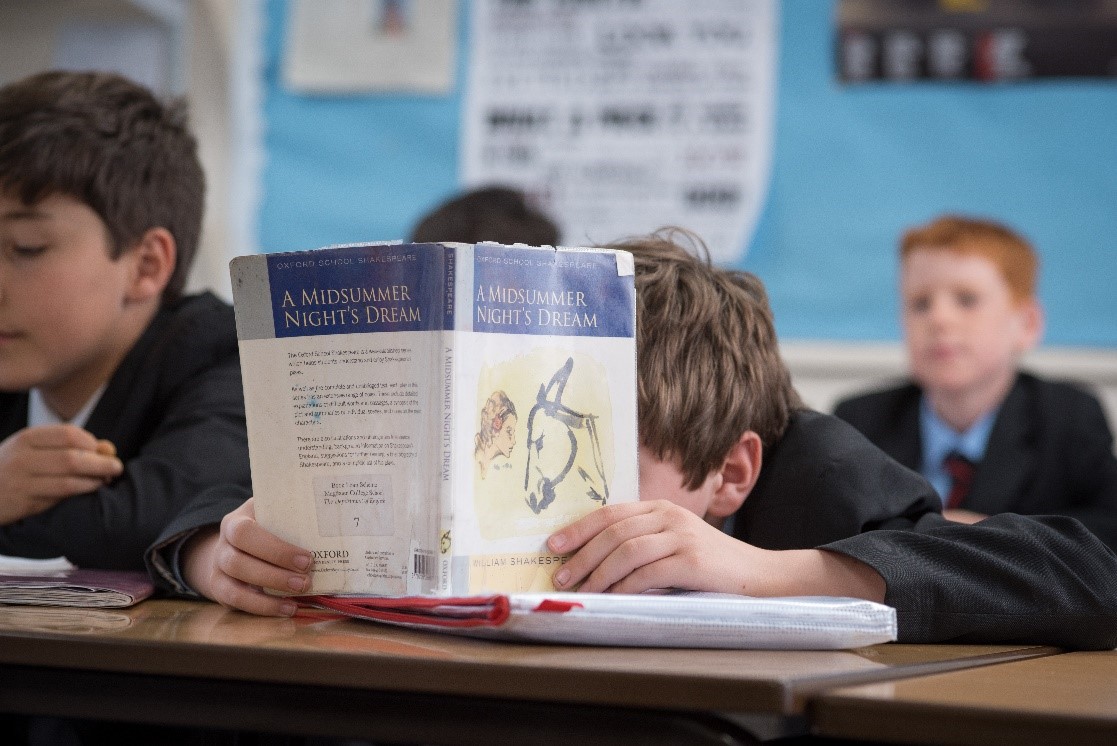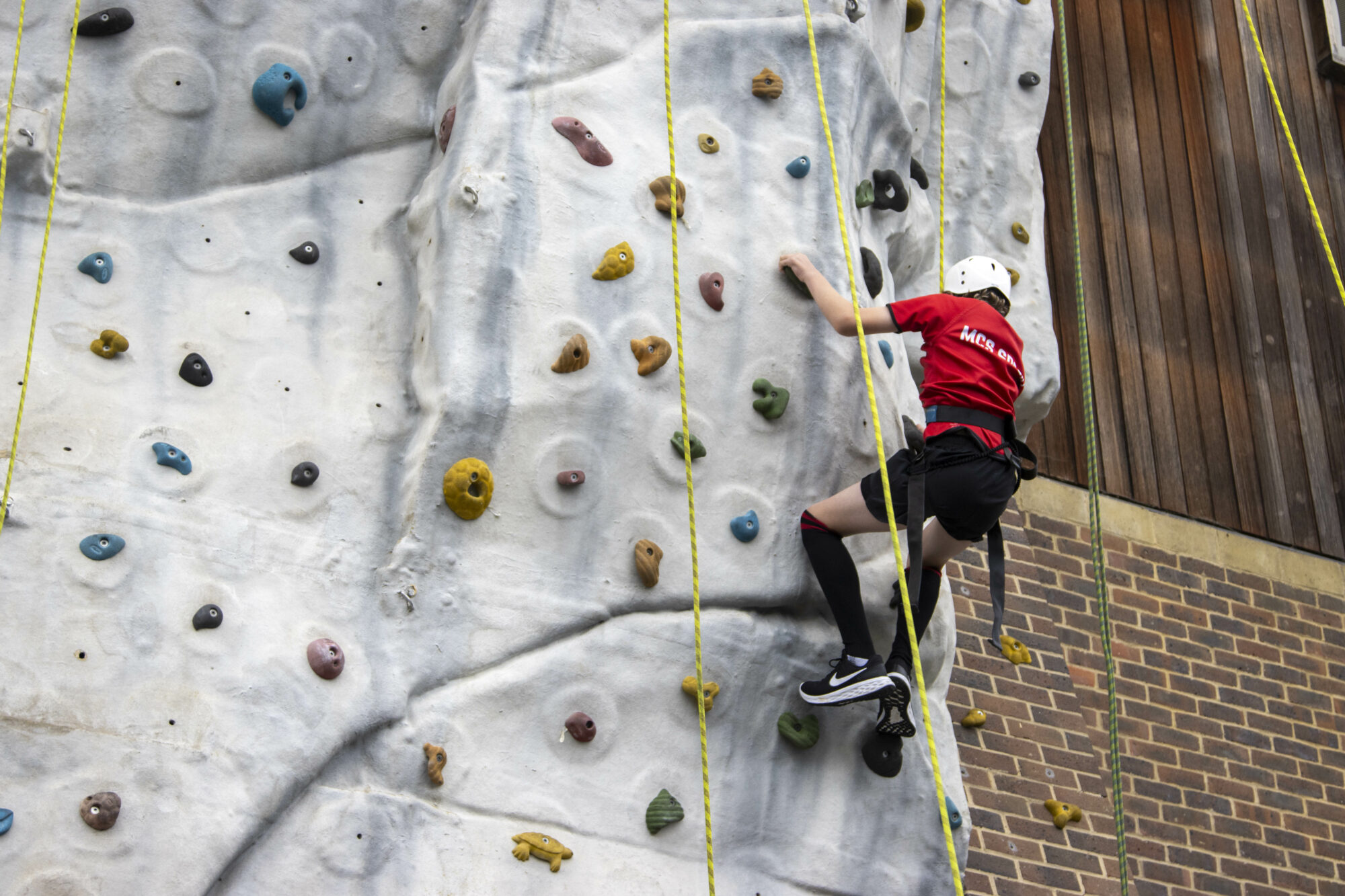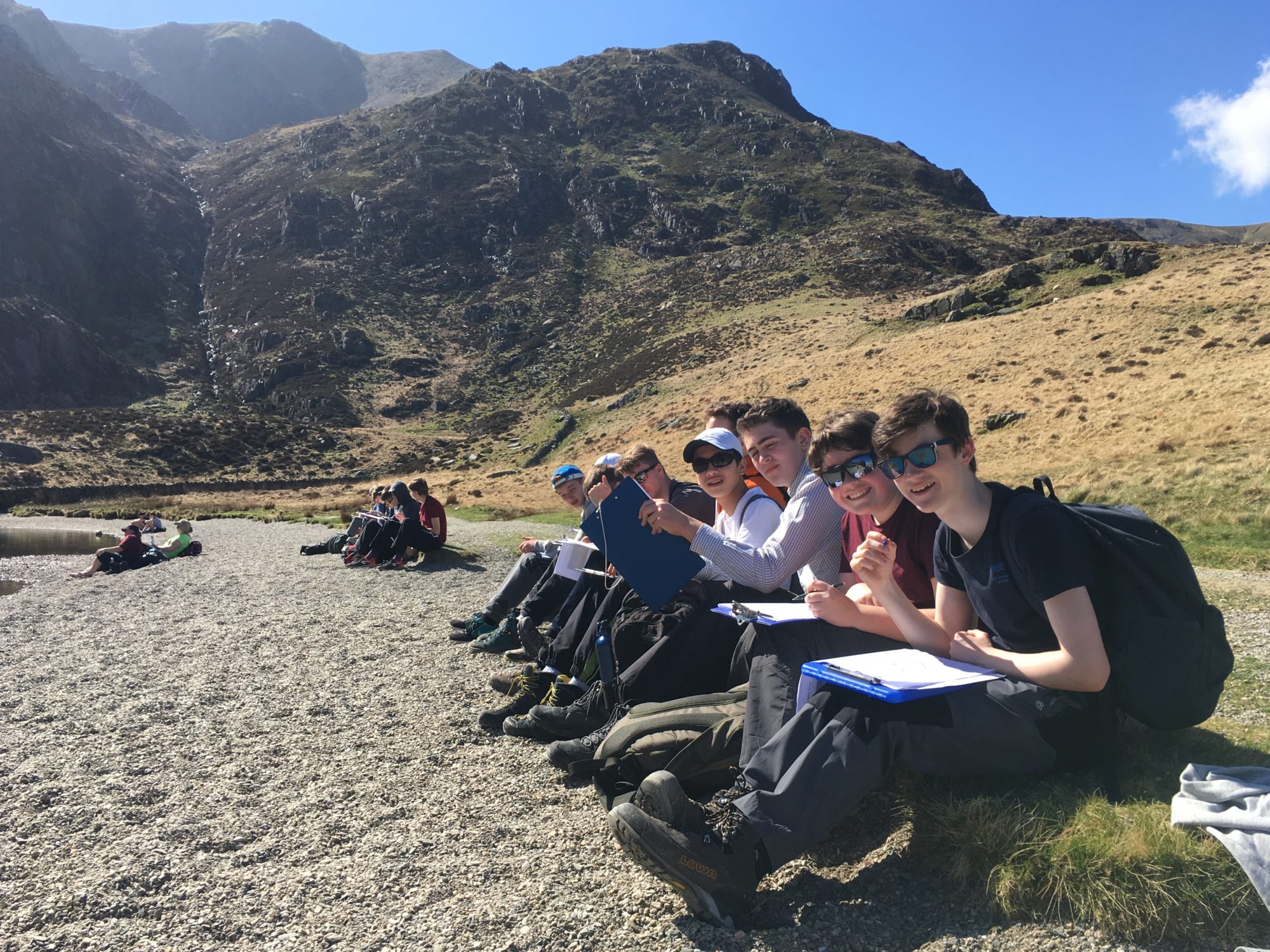Music
Music is at the heart of school life and all pupils are involved in musical activities during their time at MCS. Our music curriculum gives all pupils the tools to enjoy a musical life at school and beyond. It combines practical elements with theoretical understanding and develops the core musical skills.
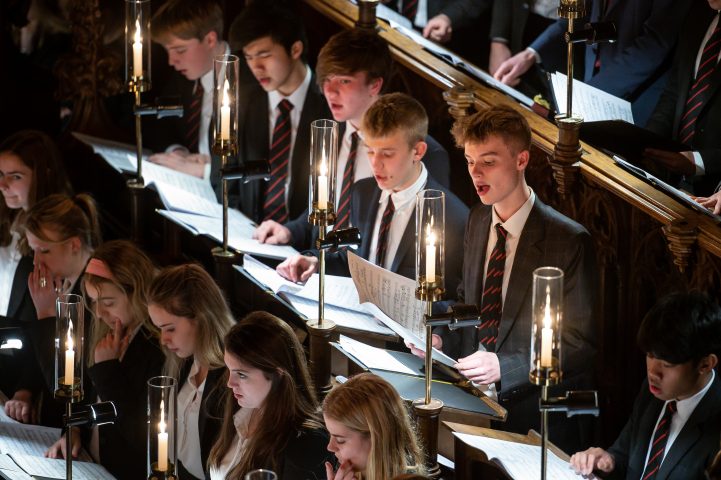
Lower School
Music is compulsory throughout the Lower School with two lessons per week. In both years, pupils learn through projects (Blues, Music and Space, Indian Music etc.) which develop the core skills of:
- Singing (all 2nd Form perform in the annual Sheldonian Concert)
- Composition
- Performance / Improvisation
- Listening and Aural
Pupils use a variety of music software (Noteflight, Sibelius and Ableton Live) to assist with their composition development.
Middle School
Music is an option in Year 9 and there are usually three sets. The course gives pupils an understanding of the different genres of music and their context. It acts both as a stand-alone complete course and as a preparation for those selecting the subject for GCSE. Pupils also learn the fundamentals of composition through individual and group compositions in a variety of styles including:
- Minimalism
- Song writing
- Melody writing
- Harmonisation
At GCSE, we have two sets following the Pearson Edexcel course, teaching skills of performance, composition, listening and analysis of music. The Areas of Study are:
- Instrumental Music 1700–1820
- Vocal Music
- Music for Stage and Screen
“Music is the shorthand of emotion.”
Leo Tolstoy
Sixth Form
At A-level, we have one set of between 5 and 12 candidates and follow the Pearson Edexcel course, which further develops the skills of performance, composition, listening and analysis. The Areas of Study are:
- Instrumental Music
- Vocal Music
- Music for Film
- Popular Music and Jazz
- Fusions
- New Directions
Refer to the Sixth Form Curriculum guide for a more detailed breakdown of the A-Level Music programme.
Further Inspiration
If you are thinking about studying Music in the Sixth Form at MCS, you might want to start reading around the subject before you join. Our Study Preparation guides are a useful tool, detailing further reading around key topics.
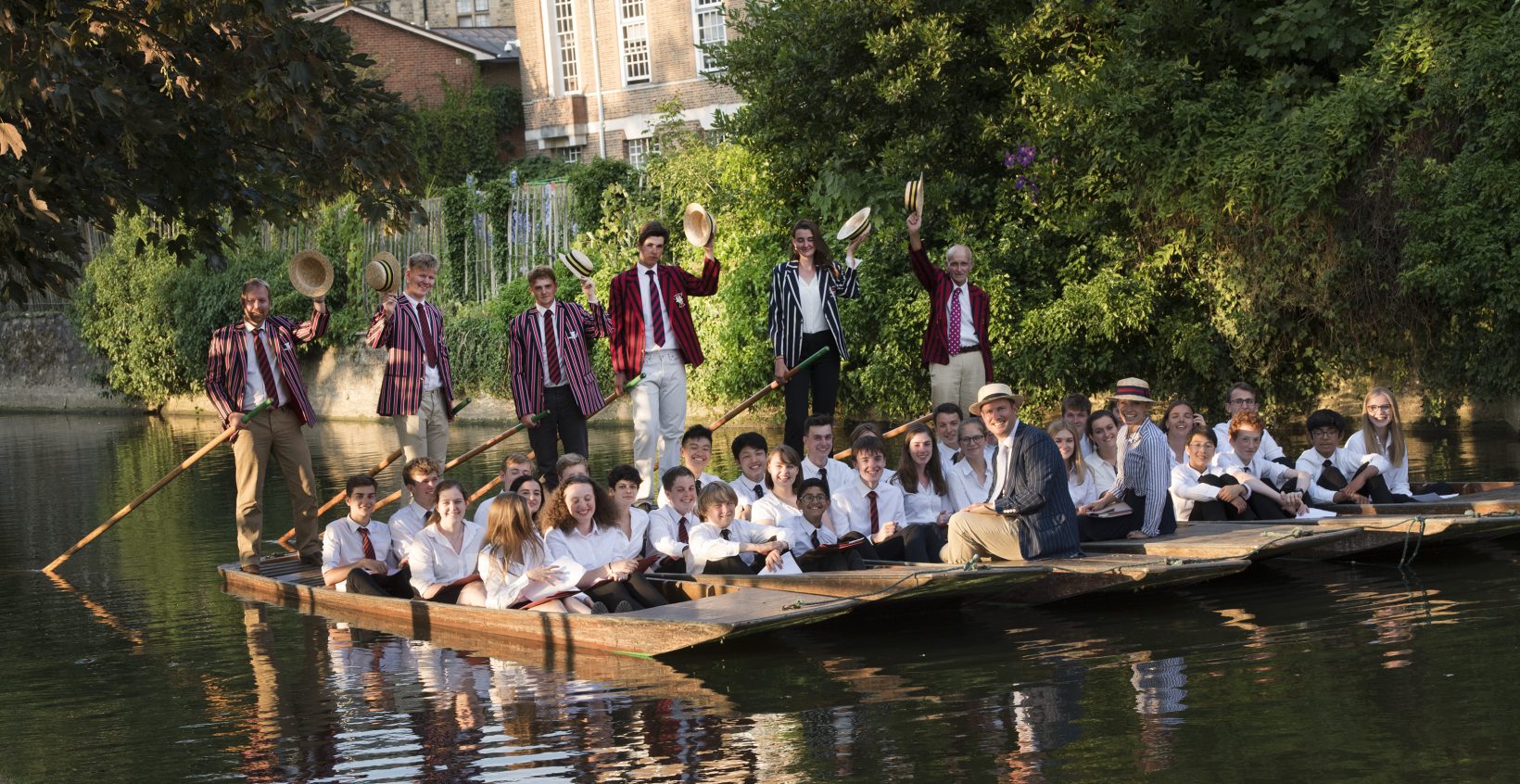
“The music is not in the notes, but in the silence between”
Wolfgang Amadeus Mozart
Where Music could take you
There are many career paths open to pupils following a music degree including:
- Performer
- Composer / Orchestration
- Publisher
- Researcher
- Producer
- Director
- Presenter
- TV / Radio / Film
- Orchestral management
- Teaching / Education
- Recording
- Technical
- Or any other career as you have a BA Hons!
We have had many pupils who have studied Music at university and so have plenty of advice we can offer about the most appropriate for each individual. Here is a list of some of the most popular places to study:
- Durham
- Manchester
- Cambridge
- Oxford
- Birmingham
- Bristol
- York
- Nottingham
- Southampton
- Royal Holloway
- King’s College London
- City, University of London
- Sussex (Tonmeister)
- Edinburgh
Conservatoires:
- Royal Academy of Music
- Guildhall School of Music
- Royal College of Music
- Trinity Laban
- Royal Northern College of Music
Some universities offer organ, choral and music scholarships and many of our pupils gain a scholarship each year and again we are available to give advice to individuals about where to apply.
 MCS ranks among the top independent secondary schools, and in 2024 was awarded Independent School of the Year for our contribution to social mobility.
MCS ranks among the top independent secondary schools, and in 2024 was awarded Independent School of the Year for our contribution to social mobility.

 28 of our pupils achieved 10 or more 8 or 9 grades in 2024.
28 of our pupils achieved 10 or more 8 or 9 grades in 2024.
 In 2023-24, MCS received over £448,000 in donated funds.
In 2023-24, MCS received over £448,000 in donated funds.





